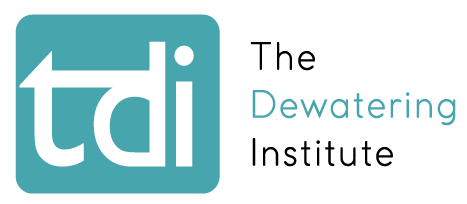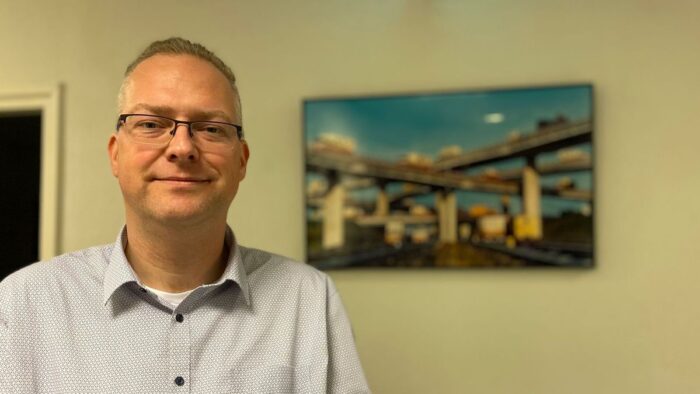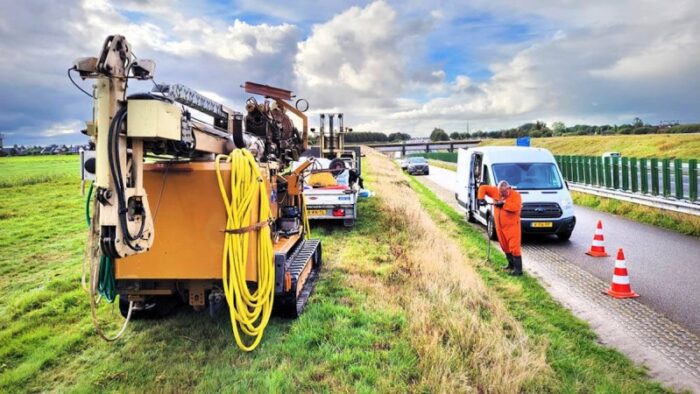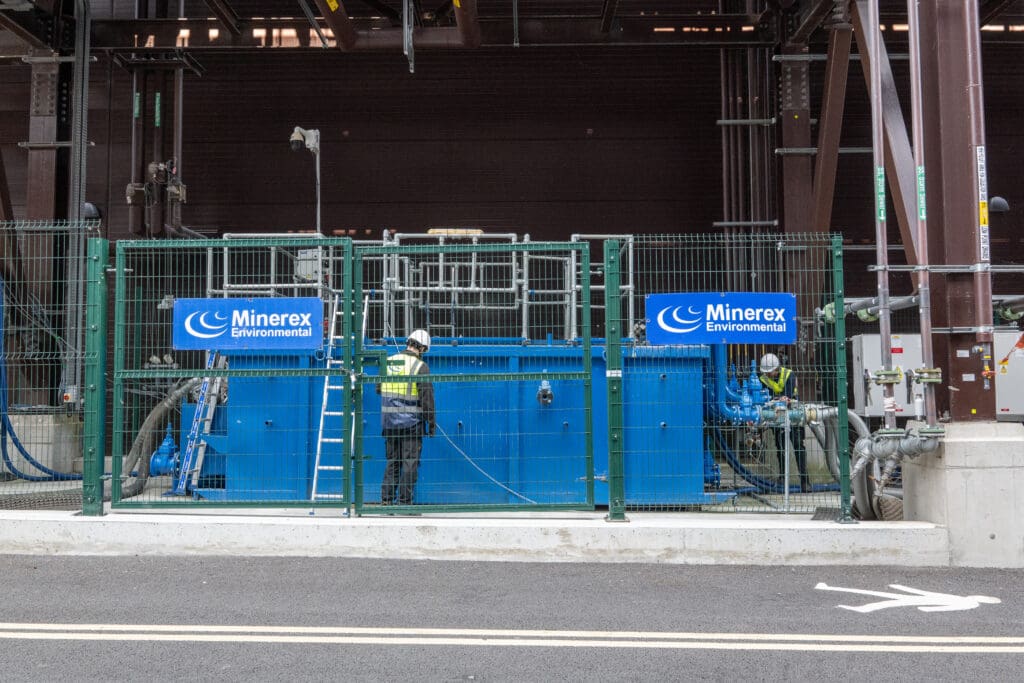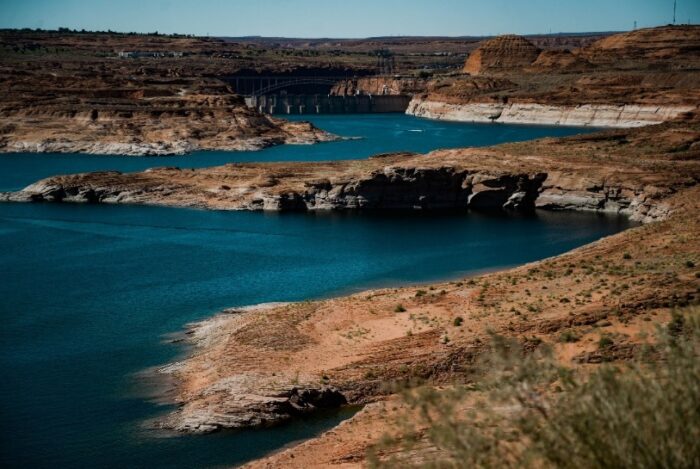As part of The Dewatering Institute‘s commitment towards knowledge sharing, TDI is developing a series of monthly interviews with industry leaders, and professionals from different parts of the world. One of the month’s editions features Robin Lomulder who will be presenting for Fugro in name of the Foundation O2DIT ‘The DSI/FHVI technique and the history.’ on the 29th of November 2023.
Can you tell us more about your work history and how you got into the dewatering industry?
My background is Civil Engineering with a specialization in watermanagement. When I finished my studies, I worked briefly for a small consultancy firm making calculations regarding prefab concrete floors. After that I applied with a geotechnical consultancy firm and from there on, I enrolled in the beautiful world of building pits.
In 2006 I made the switch to Fugro, there I’ve been predominately involved in dewatering building pits in all shapes and sizes. This is closely related to my Civil Engineering background, in addition to dewatering I do a lot of projects regarding water safety (dike enhancements). The latter years I’m performing effect studies of drought (both natural and man-made) on buildings and infrastructure. Fast High Volume Infiltration can be part of the solutions to mitigate droughts.
In your opinion, what has been the biggest development in the industry through the years?
The sustainability aspect, on one hand dewatering makes it possible to reduce the need for steel sheet piles and under water concrete. Thus, reducing the carbon footprint of a building pit, but saying that groundwater is a scarce resource and wasting of it must be prevented.
What are the biggest challenges that you’ve seen in the industry over the past few years, and what do you see as potential challenges in the future?
In the near future there will be more legal restraints about the water quality.
How do you see technology playing part in the industry in the future?
Technology has definitely already impacted the industry. Climate change (i.e. irregular rainfall and drought) are key drivers of the need for more intelligent and efficient dewatering technologies in the future.
What would you recommend to the new generations coming into this industry and why?
Dewatering is a profession where experience and knowledge of local (hydrological) circumstances are key factors for success. Don’t hesitate to ask for help and advice. Also have an open mind for other technologies (e.g. AI) to incorporate in your solutions.
What aspects of the industry do you think need improving?
Dewatering is sometimes a neglected topic in the building process. We need to put more effort in being on board in the early stages. Also the cooperation between the different stakeholders (client/contractor/subcontractor/consultant) could be improved.
Why do you think TDI is important for the industry and how it can help the industry develop?
TDI helps the industry in a better cooperation and is a fantastic medium to get informed about new developments.
What is your life motto?
Always look on the bright side!
